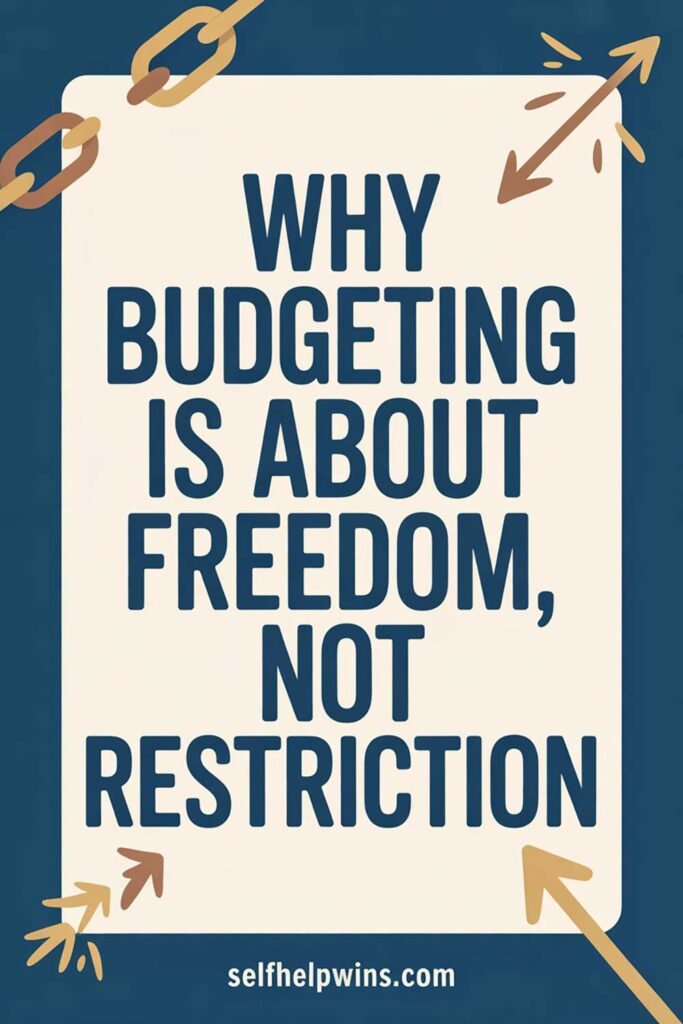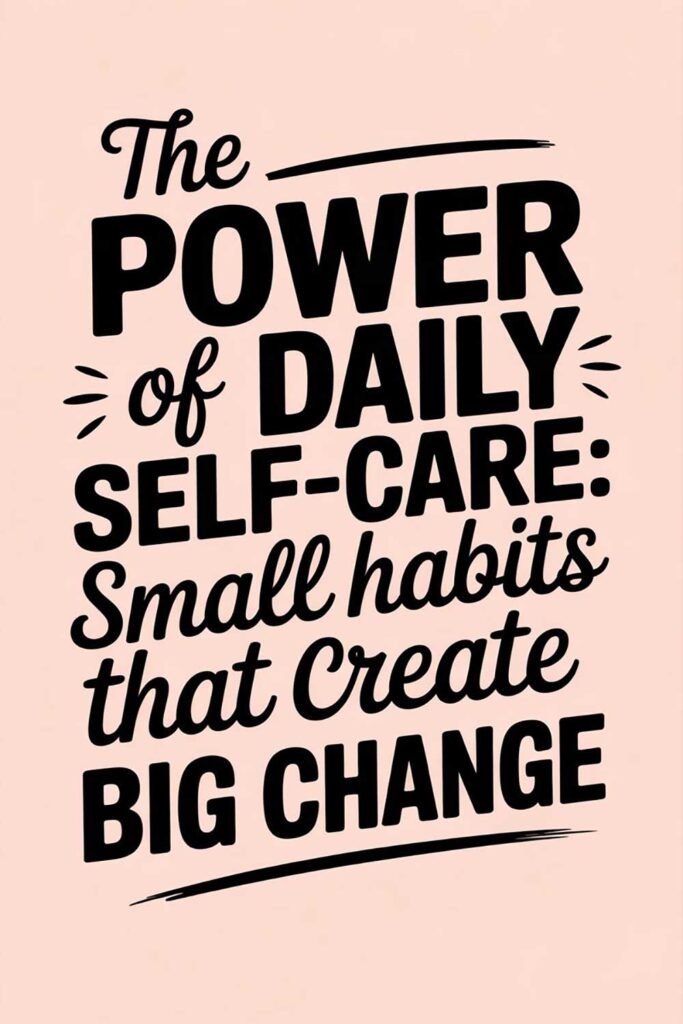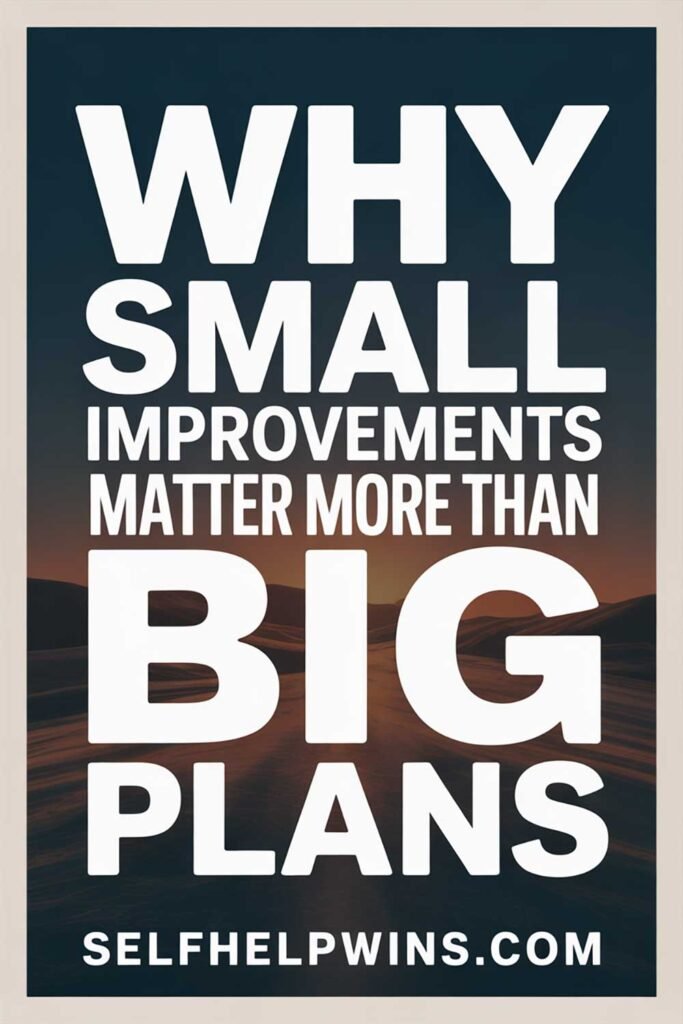The Psychology Behind Reaching Your Financial Goals
Setting financial goals is easy. Reaching them? That’s where the real challenge begins.

Whether you’re trying to save for a home, pay off debt, build an emergency fund, or retire early, success isn’t just about math — it’s about mindset. Understanding the psychology behind money is what separates those who wish from those who achieve. In this comprehensive guide, we’ll explore how your habits, emotions, and beliefs shape your financial journey, and how to rewire your brain for long-term success.
Why Psychology Plays a Role in Financial Success
Money isn’t just numbers on a spreadsheet. It represents security, freedom, identity, and even self-worth. Your relationship with money is shaped by:
- Childhood experiences
- Cultural norms
- Emotional triggers
- Cognitive biases
Real-life example:
Amanda grew up in a household where money was always tight. Even after getting a high-paying job, she found herself overspending and sabotaging her savings. Once she began addressing her “scarcity mindset” in therapy, she started making progress toward her financial goals.
1. Set Emotionally Meaningful Goals
Goals that are emotionally connected to your values are far more motivating than generic ones.
Instead of: “I want to save $10,000” Try: “I want to save $10,000 so I can leave a stressful job and start my own business.”
Real-life example:
Carlos always struggled to save until he framed his goal as freedom from paycheck-to-paycheck living. The emotional shift gave him the drive to build a 6-month emergency fund in 12 months.
2. Reframe Your Beliefs Around Money
Negative money beliefs can keep you stuck.
Common limiting beliefs:
- “I’m just bad with money.”
- “Money is evil.”
- “I’ll never get ahead.”
New empowering beliefs:
- “I can learn and grow financially.”
- “Money is a tool, not a measure of my worth.”
- “Every step I take gets me closer to financial freedom.”
Real-life example:
Sophie used to believe wealthy people were greedy. This belief subconsciously blocked her from pursuing wealth. After reframing money as a way to serve and support others, she doubled her savings rate.
3. Use Visualization and Mental Rehearsal
Elite athletes visualize success before stepping onto the field. You can do the same with financial goals.
How to do it:
- Close your eyes and picture achieving your goal.
- Engage all senses. What does it look like, sound like, feel like?
- Do this daily.
Real-life example:
Before each monthly budget review, Nadia visualized checking her debt-free balance. Within two years, she paid off $27,000 in debt using the power of visualization and snowballing her payments.
4. Break Goals into Micro-Habits
Big goals can feel overwhelming. Micro-habits create momentum.
Try this:
- Save $5/day instead of $150/month
- Check your bank balance every morning
- Automate a weekly $25 transfer to savings
Real-life example:
Eric wanted to save $5,000 but kept failing. When he broke it into $20 every three days, he found it manageable and hit his goal in seven months.
5. Understand and Overcome Financial Triggers
Triggers are emotional cues that lead to impulsive financial decisions.
Common triggers:
- Stress = retail therapy
- Boredom = online shopping
- Comparison = overspending to “keep up”
Solution: Identify your trigger. Replace the habit.
Real-life example:
Jen used to shop every time she felt lonely. She replaced that with a 10-minute walk or calling a friend. Not only did she save money, her mental health improved.
6. Use Accountability to Stay on Track
We’re more likely to follow through when someone is watching.
Ideas:
- Share your goal with a trusted friend
- Join a financial challenge or group
- Use a coach, mentor, or therapist
Real-life example:
Darren joined a Facebook group called “Debt-Free in 2025” and publicly shared his monthly debt-payoff numbers. That accountability helped him eliminate $15,000 in credit card debt in one year.
7. Celebrate Progress, Not Just Perfection
Celebrating small wins boosts dopamine and motivation.
Try this:
- Reward yourself for every milestone
- Track progress on a visual chart
- Reflect on how far you’ve come
Real-life example:
Alyssa celebrated every $500 she saved with a self-care day. That positive reinforcement made budgeting something she looked forward to.
8. Replace Willpower With Systems
Willpower runs out. Systems keep going.
System ideas:
- Automatic transfers
- Budgeting apps
- Scheduled money check-ins
Real-life example:
Tony used to rely on discipline to save money. After automating his paycheck to split into bills, savings, and spending accounts, he found consistency and relief.
9. Address Fear of Success
Some people subconsciously fear what comes with financial success: judgment, responsibility, or isolation.
Signs:
- You self-sabotage right before achieving goals
- You procrastinate important financial tasks
- You feel anxious when things go well
Solution: Work with a therapist, coach, or journal to explore your deeper beliefs.
Real-life example:
Keisha noticed she would overspend every time her bank balance got high. Through journaling, she uncovered a fear of outgrowing her friends. Once she addressed this, she started building wealth with confidence.
10. Build a Financial Identity
To create lasting change, embody the identity of someone who reaches financial goals.
Ask yourself:
- What would a financially secure person do?
- How would they spend, save, and think?
Real-life example:
Mark started seeing himself as an investor. That shift led him to max out his Roth IRA, take courses, and eventually build a $100,000 portfolio in five years.
20 Quotes on the Psychology of Financial Success
- “Whether you think you can or think you can’t, you’re right.” – Henry Ford
- “Wealth is largely the result of habit.” – Napoleon Hill
- “Financial freedom is available to those who learn about it and work for it.” – Robert Kiyosaki
- “Your mindset determines your success.” – Carol Dweck
- “You do not rise to the level of your goals. You fall to the level of your systems.” – James Clear
- “Success is a journey, not a destination. The doing is often more important than the outcome.” – Arthur Ashe
- “What you think, you become. What you feel, you attract. What you imagine, you create.” – Buddha
- “Don’t let your emotions control your spending.” – Unknown
- “Money won’t change you, but it will reveal who you truly are.” – Dave Ramsey
- “It’s not your salary that makes you rich, it’s your spending habits.” – Charles A. Jaffe
- “Discipline is choosing between what you want now and what you want most.” – Abraham Lincoln
- “Success isn’t about what you do occasionally, it’s about what you do consistently.” – Marie Forleo
- “Most people don’t have a money problem, they have a mindset problem.” – Unknown
- “Scarcity thinking keeps you stuck. Abundance thinking sets you free.” – Unknown
- “The biggest risk is not taking any risk.” – Mark Zuckerberg
- “Action cures fear.” – David Schwartz
- “If you want different results, you have to do things differently.” – Tony Robbins
- “Clarity about your money leads to confidence with your money.” – Unknown
- “Change your mindset, change your money.” – Unknown
- “Success begins in the mind before it shows up in your bank account.” – Unknown
🧰 Picture This
You wake up one morning and check your bank account. Your bills are paid. Your savings are growing. You feel in control, not anxious. You remember when this felt impossible, but now it feels natural. You didn’t get here overnight. You rewired your mindset, took small steps daily, and became the kind of person who reaches financial goals. It wasn’t just about money — it was about believing you were worth more.
What could your life look like if you fully believed in your financial potential?
💬 Please Share This Article
If this article helped you understand the psychology behind reaching your financial goals, please share it with someone else who’s ready to take that next step.
⚠️ Disclaimer
This article is based on personal experience and psychological research. It is intended for informational purposes only and does not replace financial or mental health advice. Please consult with a professional before making financial or psychological decisions. Results may vary.






